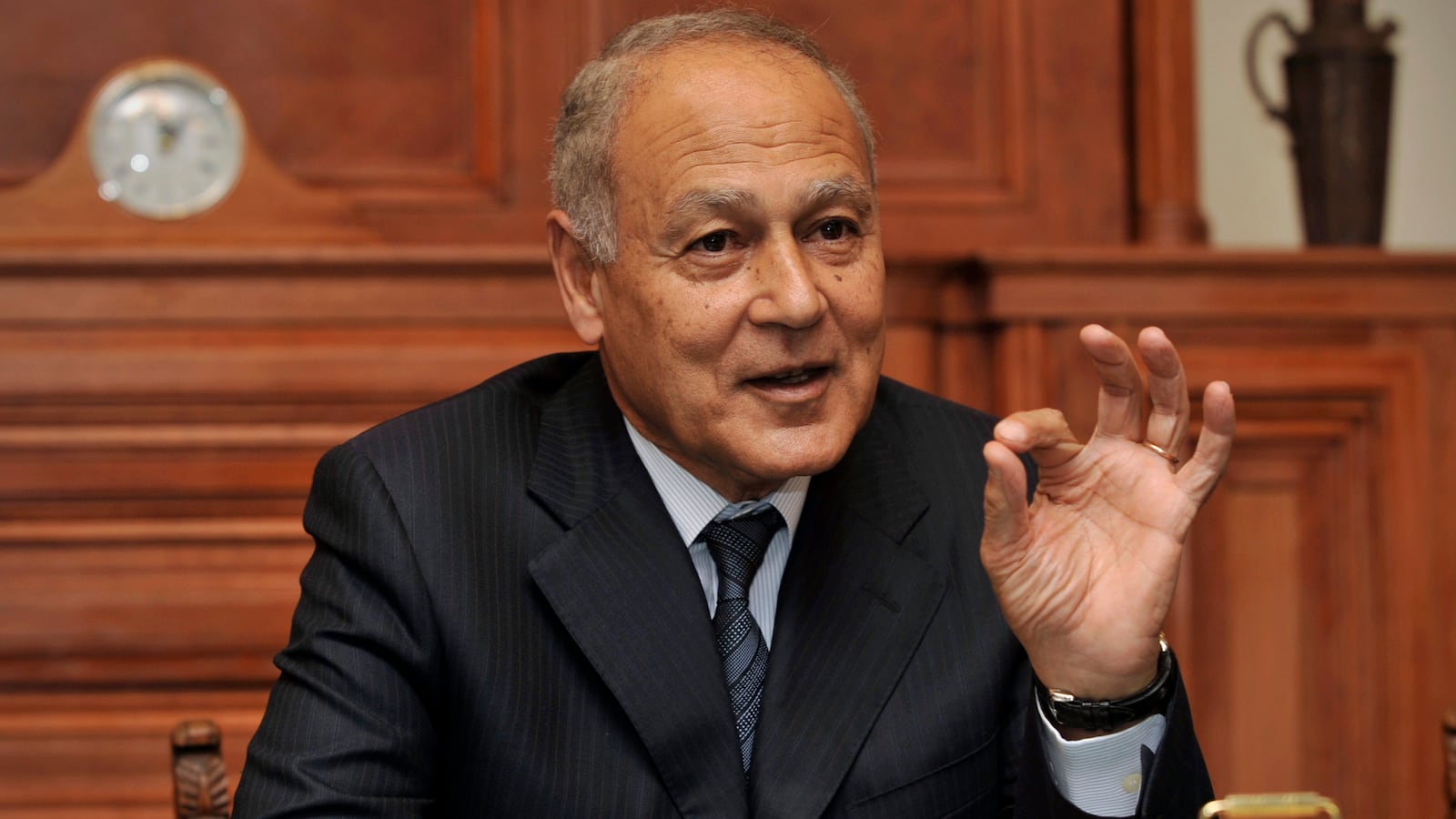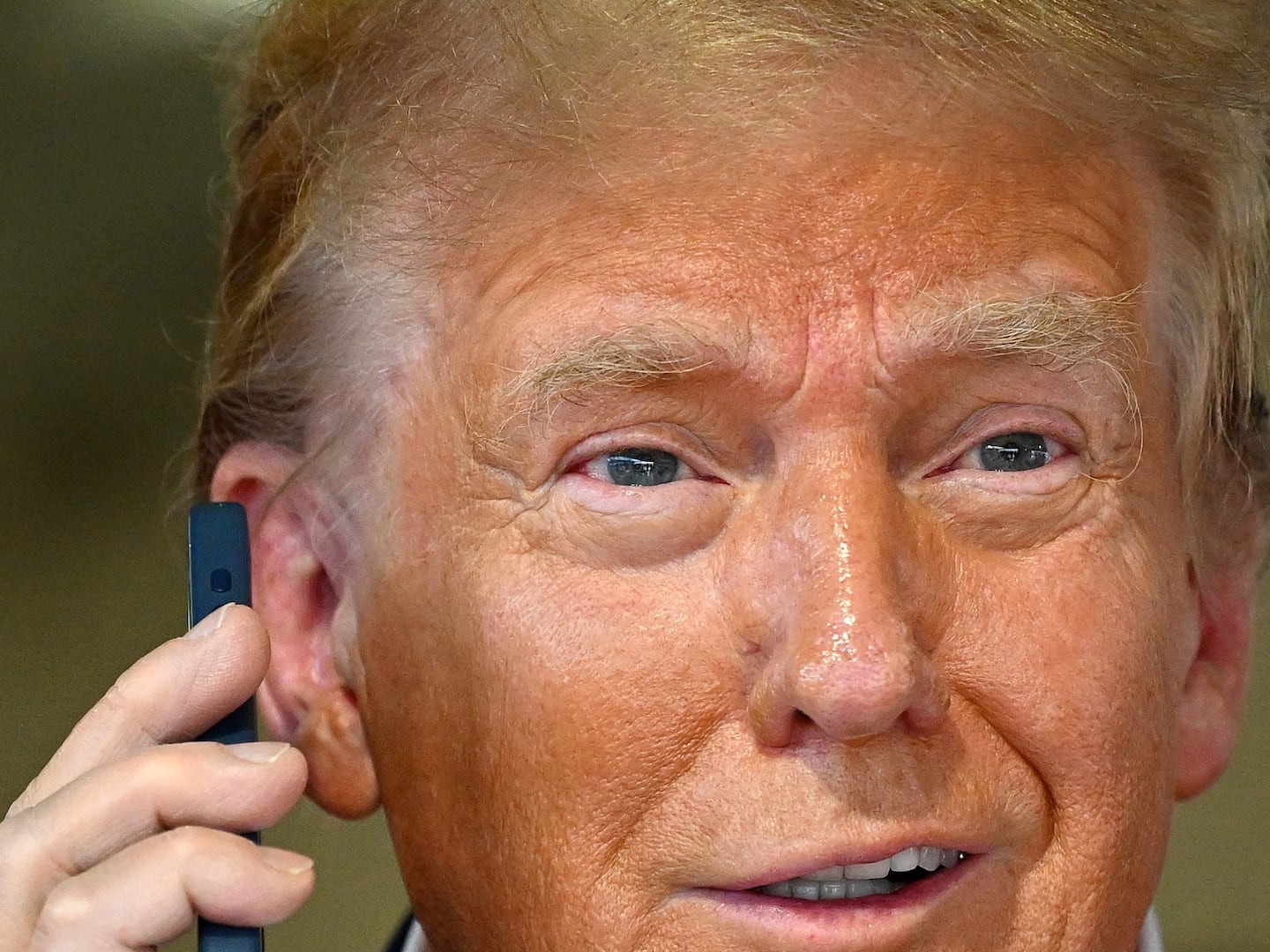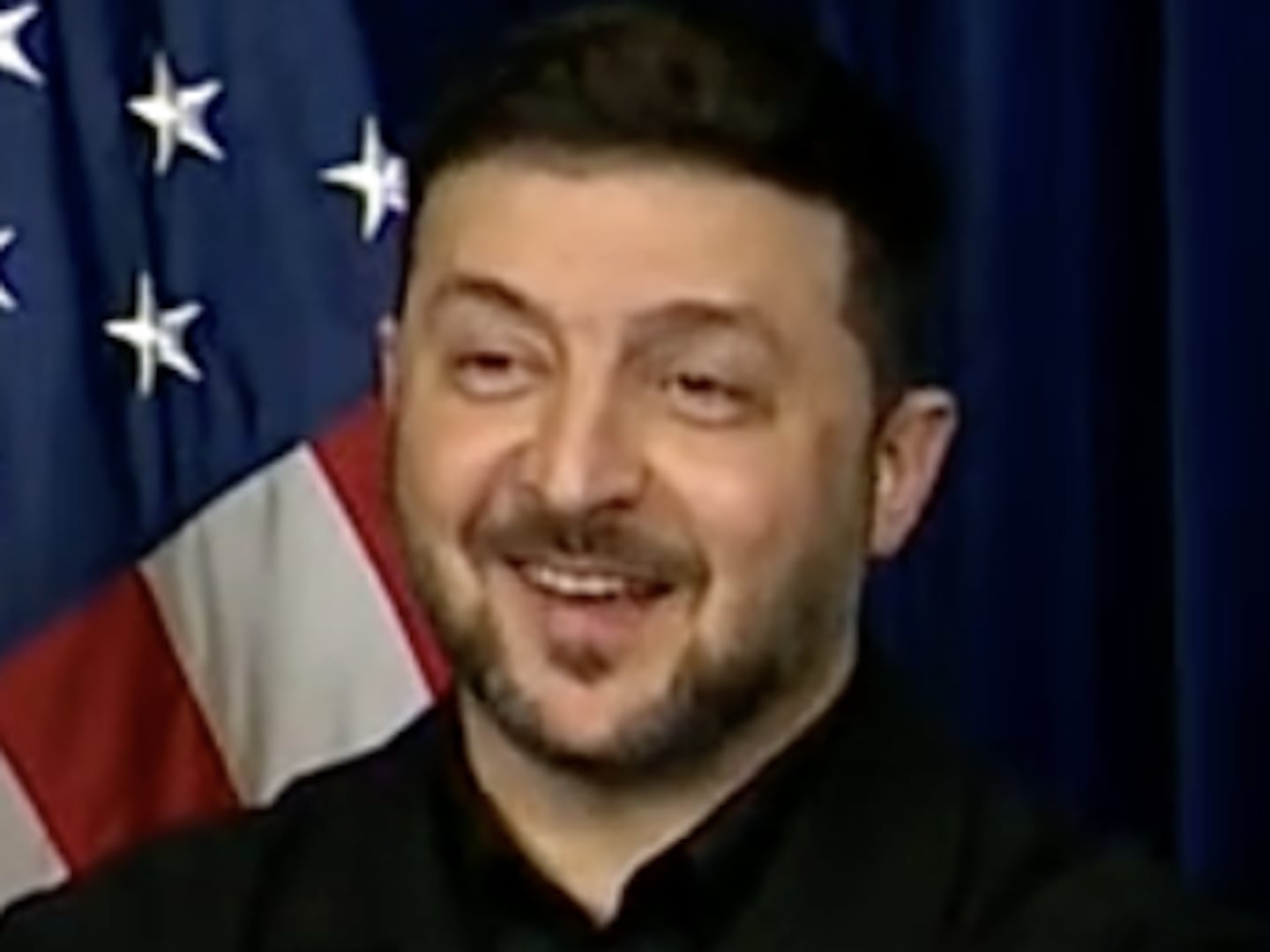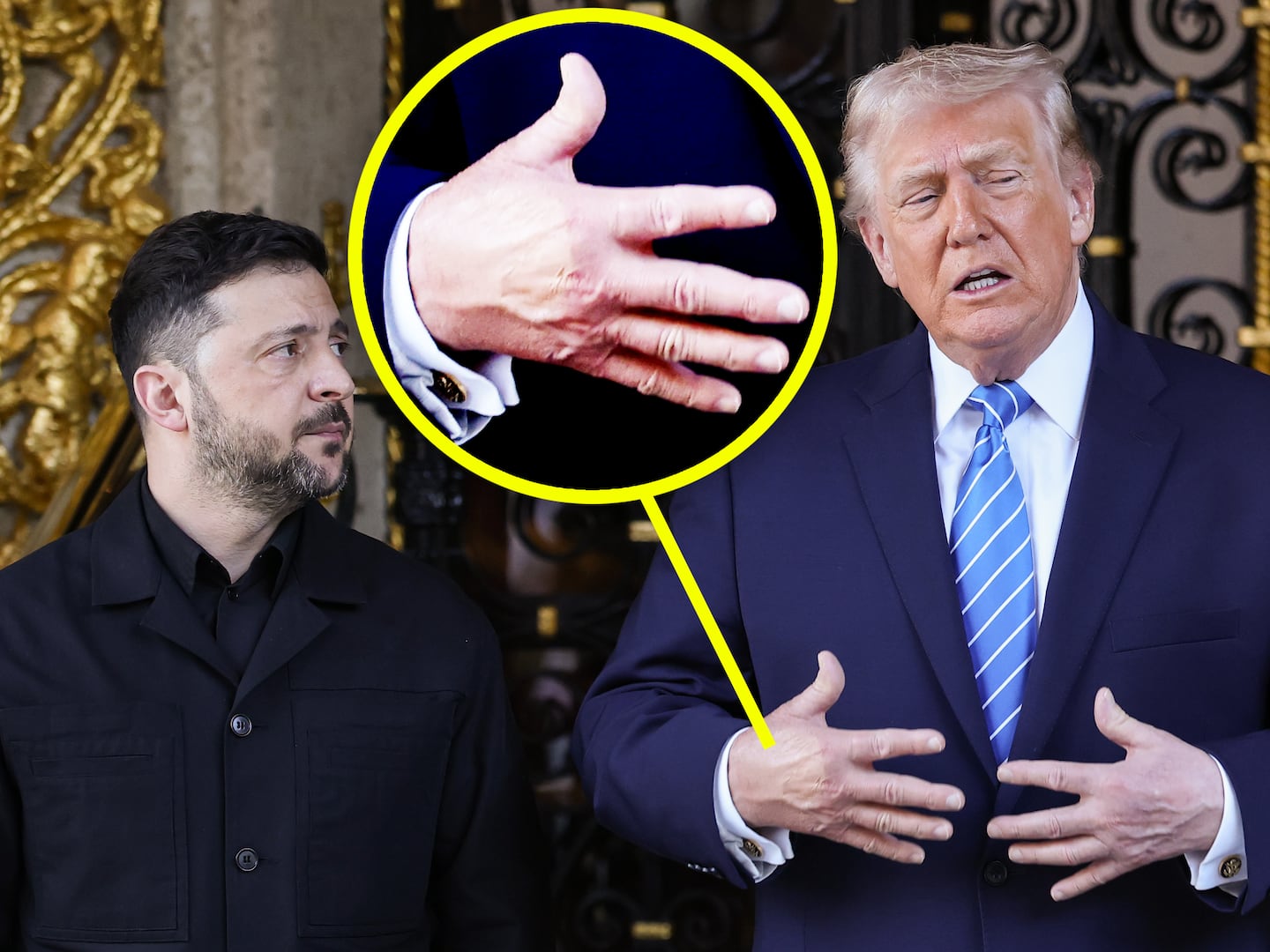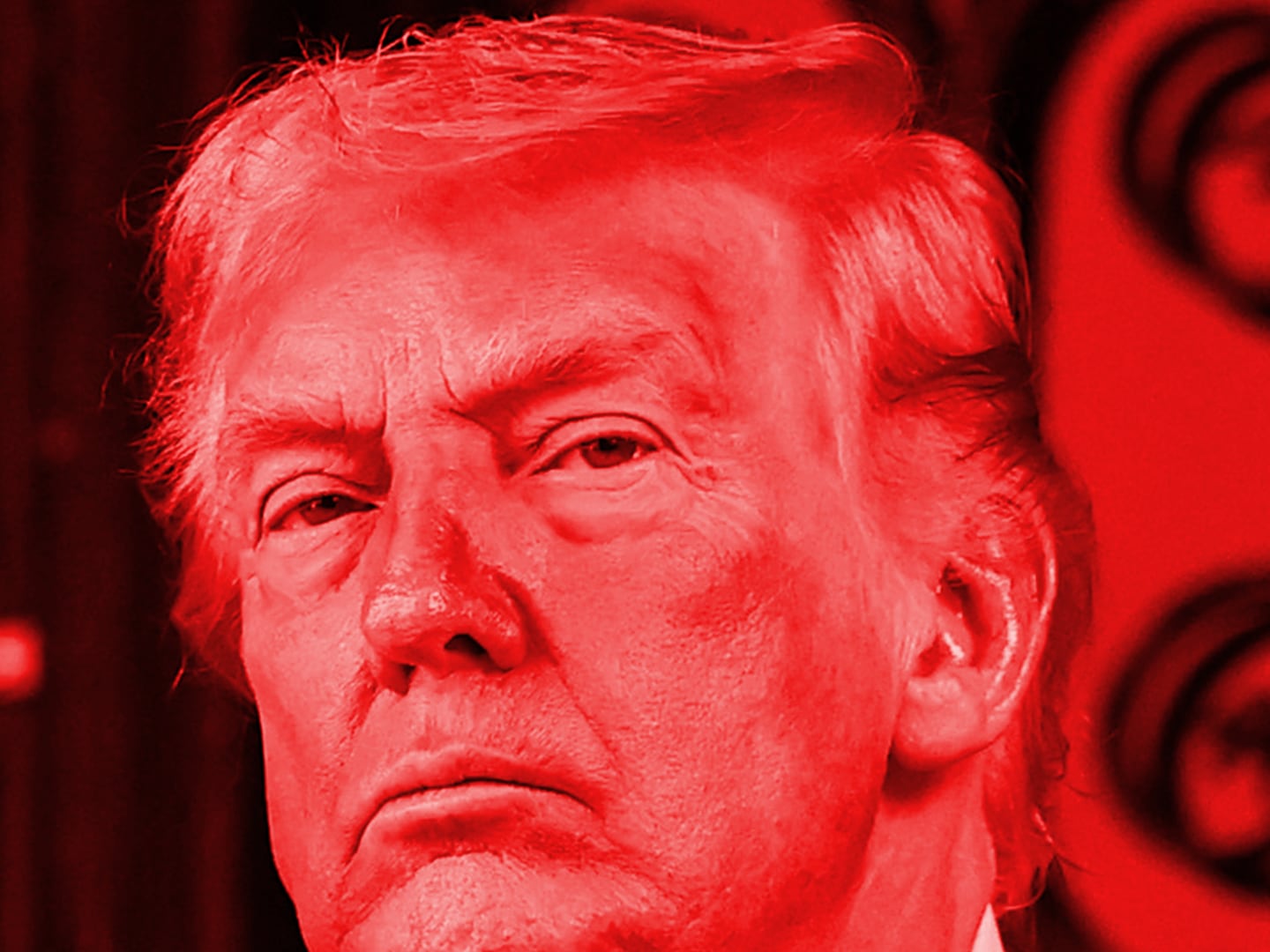In 2005, as disdain for Hosni Mubarak, Egypt’s aging dictator, spread, Egyptians marched through the streets of downtown Cairo demanding the fall of the regime—a phrase that, years back, risked earning you a one-way ticket to prison. They waved banners, sang freedom slogans, and once even carried a makeshift coffin with Mubarak’s picture on it, symbolizing the death of the regime. Those were groundbreaking days for this once no-nonsense police state, but momentum eventually waned as Mubarak cracked down on protests and made those who spoke out against him pay for their dissent. Eventually, the streets fell silent.

Despite growing discontent, most attempts to mobilize Egyptians to topple their leadership aroused little more than traffic jams. But, as the world now knows, the Tunisian revolution of January 2011 was a game-changer, and Ahmed Aboul Gheit, Egypt’s last foreign minister under Hosni Mubarak, discusses these monumental events in his recently released memoir My Testimony. In an interview with The Daily Beast at his Cairo home, Aboul Gheit, 70, spoke about his book and his years of diplomatic service, detailing the events leading up to Mubarak’s resignation two years ago. “The [parliamentary] elections of December 2010 made people angry because the opposition didn’t get any seats,” he said. “People felt they were not participating in running their own affairs or own government.”
Many of those closest to Mubarak began to fear their own fate in January 2011 when news emerged that Egyptians were looking to take their cue from Tunisians who had successfully ousted their president, Zine El Abidine Ben Ali. After months of rallying people through cyber-activism, Egyptians mobilized en mass on January 25, 2011. Three days later, the government shut down mobile and Internet services, and chaos ensued as protesters clashed with security forces, torching government buildings and security vehicles. Aboul Gheit had traveled to Addis Ababa early on January 25 to head a delegation at the African Union Summit.
“I called the chief of intelligence [Omar Suleiman] and he said the situation is out of hand and that the president has asked the armed forces to control the street to pacify, to stabilize the cities,” Aboul Gheit said. “As I returned to Egypt on January 30th, it was a completely new ballgame. That was not the Cairo I left four days earlier.”
In a discussion with the head of the Egyptian Armed Forces, Aboul Gheit said that Field Marshall Mohamed Hussein Tantawi alluded to closed-door discussions urging the use of “the iron fist.” “I told him the Egyptian Army doesn’t use the iron first on its own people—especially if they have a case. He said ‘absolutely right, absolutely right.’ There was no possibility for the Egyptian Army to fire on its own people—no way.”
In his book, Aboul Gheit notes with astonishment the attitude of Mubarak himself. “I noticed that he was very calm. Extremely calm!” he said. “Whether it was his nature because he’s seen it before—but it was never as such—or was he delivering himself to his own fate? I don’t know.”

The road to revolution in Egypt dates back to mid-2010, after a 28-year-old man in Alexandria named Khalid Said was beaten and tortured to death by police. The gruesome images of his disfigured corpse spread across the Web like wildfire, and the voice of the opposition, most of them youth, grew enraged. Under the campaign name “We Are All Khalid Said,” they began to organize online, their calls growing bolder and more unified, making mobilization easy for the January 25 protests.
Aboul Gheit called then-Interior Minister Habib El-Adly to discuss the matter and prepare himself and his ministry for any questioning. “The [interior] minister said it was an issue of drug use and he had not been beaten,” said Aboul Gheit. “But I did think myself that the interior ministry should have been more strict in dealing with the officers in charge, or the government agents in charge of the issue—that there should have been a real investigation, and independent investigation to make sure the truth would come out.”
More than 800 people were killed in clashes with state security during the 18 days of protests in early 2011. Aboul Gheit notes the moment when he knew Mubarak’s days as president were numbered. “At the end of February 1 and 2, I felt that things are going out of hand. The Molotov bottles, the burning of buildings, the collapse of the police force, the chaos in the streets of cities, the Army taking over.”
As foreign minister, he spoke with countless diplomats during that period, many with a keen interest in the events unfolding across his country and potential implications on the wider region. However, none were more interested than the United States, Egypt’s longtime ally. Many protesters felt resentful toward America’s handling of the revolution, given its partnership with Mubarak and a show of support for the demands of the demonstrators that seemed both stalled and half-hearted. “I received a number of phone calls from Hillary Clinton when I was in Addis Ababa pressing the notion of ‘please respond favorably to the demands of the people. Please accommodate them, show them flexibility.’ And I said of course.”
“The Pentagon and State Department were more prone to the idea to allow the Egyptian government to deal with this situation and to show flexibility—give them time,” Aboul Gheit added. “The other trend of current in the administration as I detected from statements coming from the White House was ‘no, change will have to take place now.’ It is obvious that that second current prevailed—the White House position. ‘No, you change now and if there has to be a change it has to take place now.’”
Much of Aboul Gheit’s book looks back at his seven years as foreign minister with a particular focus on his role as a mediator in the Palestinian-Israeli conflict. The former diplomat is a diehard supporter of a two-state solution and sends an urgent warning to President Barack Obama not to let this issue fall through the cracks.
“If it will not be settled before Obama leaves the White House, the hope for a two-state solution will have disappeared,” he said. “If the situation remains as is at the end of his term there will not be a possibility of a two-state solution. It cannot remain like this—the Palestinian authority under the arbitration of the Israeli government. No way.”
Aboul Gheit, who also served as Egypt’s diplomat to the United Nations, now lives as a private citizen in Cairo. He declined to discuss recent events, particularly growing discontent for Egypt’s new President Mohamed Morsi and the country’s ruling Islamist groups, stressing only the need for urgent measures to stabilize Egypt’s flailing economy. And while many of his former colleagues—including Hosni Mubarak and his sons—are in prison or have been indicted for various crimes, Aboul Gheit has never been linked to any wrongdoing. “Even if they tried, I have complete faith in the judicial system of this country. Law always prevails and in the end.”

